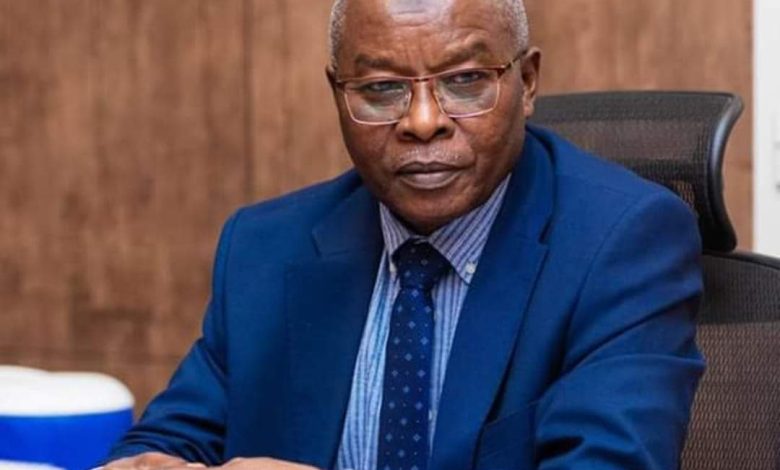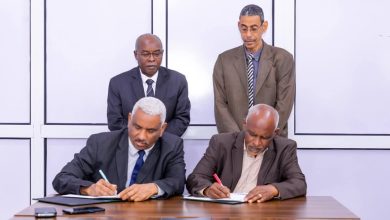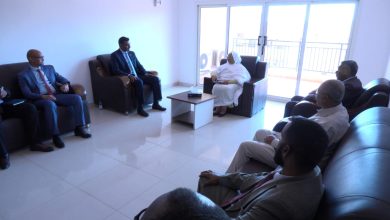Economic
Revealing the Key Features of the New Budget

Sudan Events – Rehab Abdullah
Abdullah Ibrahim, Undersecretary of the Ministry of Finance and Economic Planning, revealed the main features of the proposed emergency state budget for the fiscal year 2025. He described it as a non-traditional budget focused on mobilizing domestic resources, with expenditures prioritized based on specific allocations, primarily directed toward meeting the requirements of the “Battle of Dignity.”
In a press statement from his office on Wednesday, the undersecretary outlined the main directives, policies, and objectives of the budget. These include increasing public revenues by enhancing the contribution of taxes through expanding the tax base, improving collection efficiency, combating tax evasion, and optimizing revenue collection institutions through electronic systems. Additionally, it involves reviewing trade exchange policies at border crossings, ensuring compliance with regulatory measures, facilitating foreign trade processes—particularly exports—and implementing strict laws and measures to curb the smuggling of strategic goods. Customs exemptions will also be reviewed to ensure they align with mandatory legal provisions.
The undersecretary emphasized that the budget aims to reorganize government spending priorities, control borrowing from the banking system to a minimum, and prioritize essential needs. He affirmed the budget’s commitment to fully paying government employees’ salaries, raising the minimum wage, prioritizing pensions on national and state levels, strengthening social protection programs, improving the National Health Insurance Fund’s services, and honoring state transfers in accordance with the Revenue Division Law and actual collections. The budget also focuses on improving the living conditions of displaced persons in states and refugees in neighboring countries.
He further stressed the importance of empowering the private sector to lead economic activities and fostering partnerships between public and private sectors. Other key directives include reforming the educational environment, addressing critical health sector commitments, rescuing the industrial sector, improving operational efficiency in transportation, enhancing the media landscape to support social peace, and developing technological infrastructure. The budget also prioritizes youth involvement in supporting national visions and underscores the commitment to transparency, accountability, institutional governance, and the rule of law.
The undersecretary noted that the budget is founded on core principles, including safeguarding Sudan’s sovereignty and security, strengthening social and cultural cohesion, and promoting self-reliance. It also aims to stabilize the exchange rate, reduce inflation, prioritize the agricultural sector, enhance financial oversight bodies, ensure the Ministry of Finance’s authority over public funds, and provide essential living conditions for citizens. Additionally, it seeks to establish strategic national media, lay the foundations for peace, and foster equitable partnerships in foreign relations.



